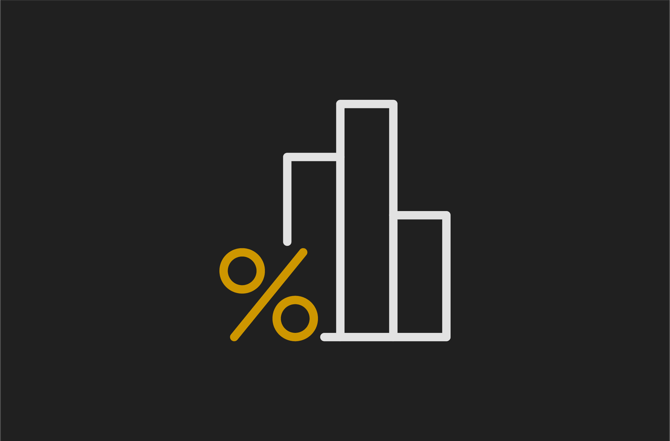Australia Central Bank in No Rush to Hike Rates

While many developed economies battle with high inflation and the decision whether to hike interest rates or not, Australia’s cash rate remains at a record low of 0.1%.
Minutes from the Reserve Bank of Australia’s February meeting revealed the country’s intention to end its A$275 billion bond-buying program. The central bank stressed that ending bond purchases did not imply a near-term interest rate increase. Australia will be patient with interest rates until inflation has remained in the 2-3% mark for an unspecified period.
The dovish message saw the local dollar slip 0.4% to $0.7036 in response. Analysts had expected the bond buying to end but had been hoping for encouraging news on an interest rate hike as inflation hovered at just under 2.6%. However, with economic growth expected to hit a creditable 4.5% this year, and consumer prices not yet red hot, the central bank will hold off on increasing the cost of borrowing.
What does this mean for me?
Through your study of the markets, it will become increasingly clear how so many global economies face similar challenges.
Although Australia’s inflation troubles are not yet serious enough for the country to press the panic button, its decision-making process is following a similar wait-and-see pattern to what many other developed economies underwent last year as inflation grew out of control.
If Australia’s inflation continues to rise, you can expect the market to begin to clamor for decisive action from the central bank, with the Australian Dollar acting as a bellwether for market sentiment.
More News
.webp)
Canada Shields Steel and Lumber Industries From Tariffs

Trump Drops Selected Tariffs in Response to Inflation Pressures

Tariffs on Mexico Test Nuevo Leon’s Industrial Momentum

US Moves to Ease Latin American Tariffs as Food Inflation Mounts

Japan Faces First GDP Shrinkage in Six Quarters as Tariffs Bite

India’s Inflation Dip Strengthens Case for RBI Easing

Europe Rallies as Shutdown Eases, Earnings Impress
